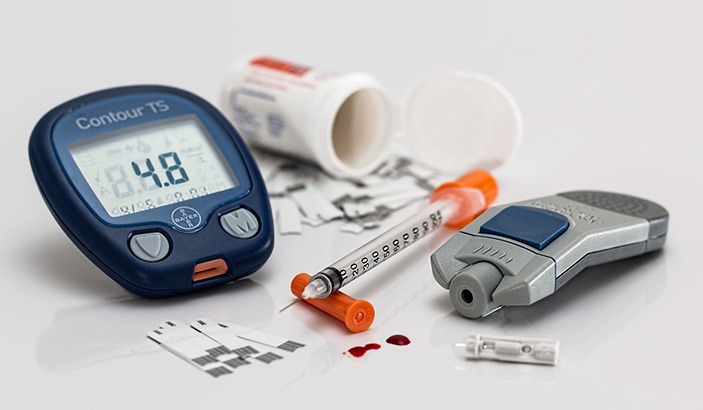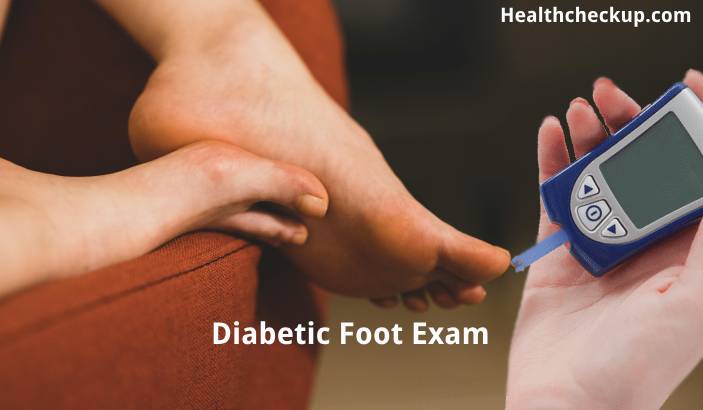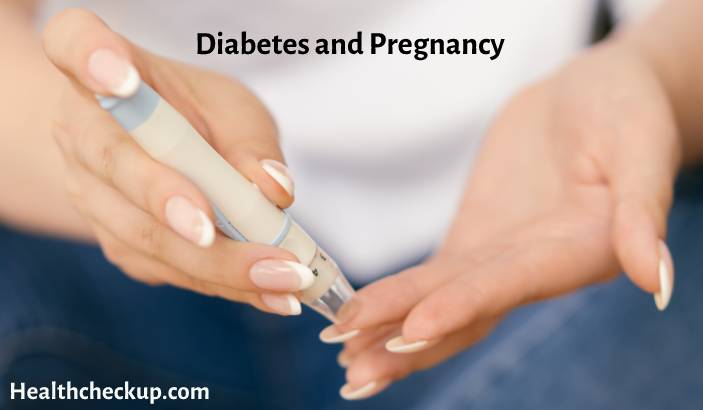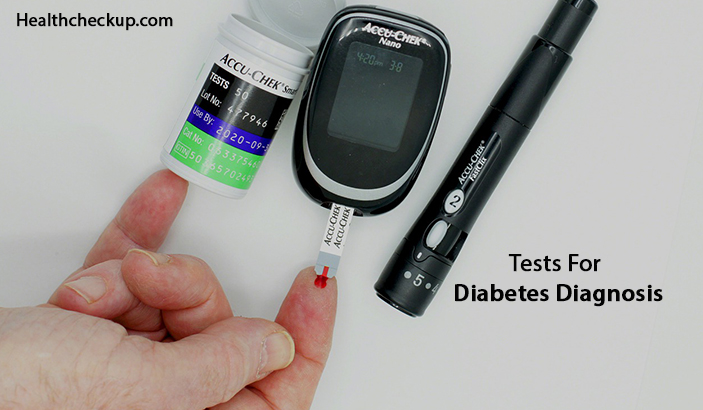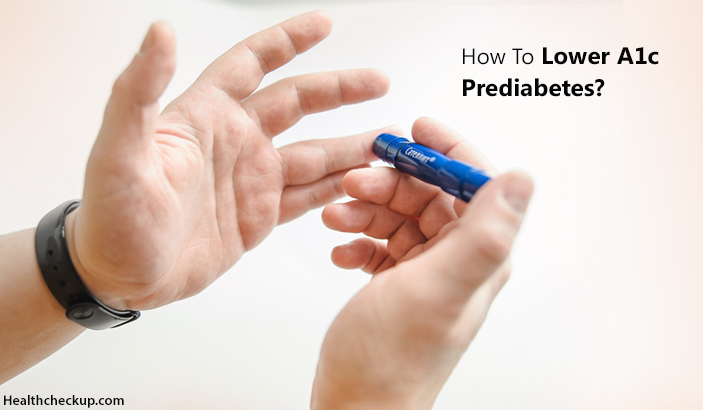Diabetes increases our risk of many serious health problems. There may be no warning signs of diabetes; millions of people may therefore be unaware that they have the disease. Blood tests can help you to diagnose diabetes.
Which Tests are Done as part of Diabetes Checkup?
The following blood tests can be done as part of a diabetes checkup for diagnosing diabetes:
- an A1C test, also called the hemoglobin A1c, HbA1c, or glycohemoglobin test
- a fasting plasma glucose (FPG) test
- an oral glucose tolerance test (OGTT)
Not all of the above tests are recommended for diagnosing all types of diabetes. Another blood test, the random plasma glucose (RPG) test, is sometimes used to diagnose diabetes when symptoms are present during a regular health checkup.
A1C Test
The A1C test is a blood test that reflects the average of a person’s blood glucose levels over the past 3 months and does not show daily fluctuations. It measures the percentage of blood sugar attached to hemoglobin, the oxygen-carrying protein in red blood cells. The higher the blood sugar levels, the more will be the hemoglobin having sugar attached.
The A1C test should be performed using a certified method to obtain standardized results.
Preparation for a A1C test
The A1C test does not require fasting and can be performed at any time of the day.
Results of an A1C test
The A1C test result is reported as a percentage. The higher the percentage, the higher a person’s blood glucose levels have been. A normal A1C level is below 5.7 percent. People with an A1C below 5.7 percent may still be at risk for diabetes, depending on the presence of other characteristics that put them at risk. An A1C of 5.7 to 6.4 percent indicates prediabetes. People with an A1C above 6.0 percent should be considered at very high risk of developing diabetes. A level of 6.5 percent or above means a person has diabetes.
Diabetes checkup and the Fasting Plasma Glucose test
Fasting plasma glucose (FPG) is the preferred test for diagnosing diabetes. It is easy to do, convenient, and less expensive than other tests.
Preparation for a Fasting Plasma Glucose test
A patient is expected to be fasting for at least 8 hours to be able to take the test. That means, if a patient has eaten dinner, he can take the test the following morning, without eating anything.
How is a Blood Glucose Test done?
For a blood glucose test, blood is drawn and sent to a lab for analysis
Results of a Blood Glucose Test
The normal fasting blood glucose or sugar levels in people who do not have diabetes is between 70-100 milligrams per deciliter or mg/dL. People with a fasting glucose level of 100 to 125 mg/dL have impaired fasting glucose or prediabetes. A level of 126mg/dL or above, confirmed by repeating the test on another day, means a person has diabetes.
The Oral Glucose Tolerance Test
The OGTT can be used to diagnose diabetes, prediabetes, and gestational diabetes. Though more sensitive than the FPG test, it is less convenient to administer.
How is the OGTT performed?
When used to test for diabetes or prediabetes, the OGTT measures blood glucose after a person fasts for at least 8 hours and 2 hours after the person drinks a liquid containing 75 grams of glucose dissolved in water.
Results of an OGTT
If the 2-hour blood glucose level is between 140 and 199 mg/dL, the person has a type of prediabetes called impaired glucose tolerance (IGT). A 2-hour glucose level of 200 mg/dL or above, confirmed by a repeat test indicates that a person has diabetes.
Preparing for Tests if You Already Have Diabetes
Some steps to take in case you are already diagnosed with diabetes and on medication:
- Inform the person scheduling the test that you have diabetes, so he can schedule you first among his morning’s appointments
- Drink plenty of liquids. Try to drink about 10 to 12 cups of water or other sugar-free, caffeine-free liquid the day before the test.
- Carry your breakfast and diabetes medicine with you while going for the lab test. That way, you can take your medicine and have breakfast at the clinic immediately after the blood test.
Preparing for a Diabetes Visit with your Doctor
It is advisable to keep regular appointments with your doctor and get the screenings and tests done on time so that you can be an active partner in managing your diabetes.
You can expect your doctor to :
- Have up-to-date information on treatment options
- Be able to make recommendations for treatment based on this information
- Include family members and patients in the decision making process
- Explain the reason for recommending a particular mode of treatment
- Explain the results of the laboratory tests
What is your role?
- Bring food, exercise and blood sugar records with you on your visits
- Bring a record of prescription medicines as well as over-the-counter medicines and supplements taken by you
- Provide feedback regarding the treatment. If you feel any aspect of the care plan is not working, inform the concerned caregivers
- If you do not understand anything related to your disease and its management do not hesitate to ask
Points to review with your doctor
You may want to review a few things again with your doctor and other members of your healthcare team. These may include:
- The results of blood sugar tests
- Understanding symptoms of high and low blood sugar levels and what to do with them
- Current medicines, their dosing regimen, and how to adjust if required
- Your diet
- Any issues you face with other aspects of managing around your diabetes such as school, work, travel, and so on
Finally, you have to take charge of your diabetes. Preparing for your appointments is one way to accomplish this goal!
Medically Reviewed By


